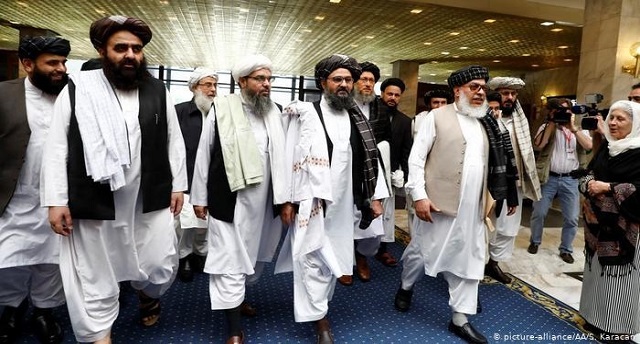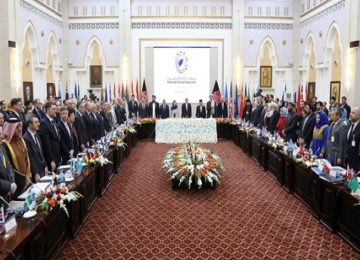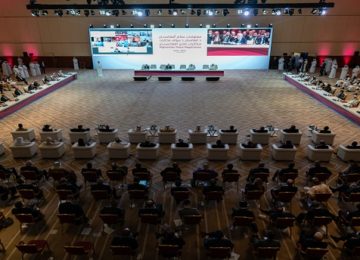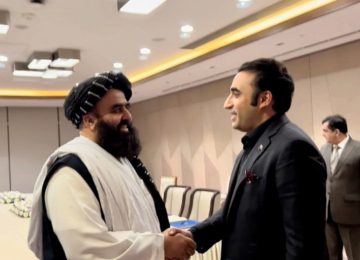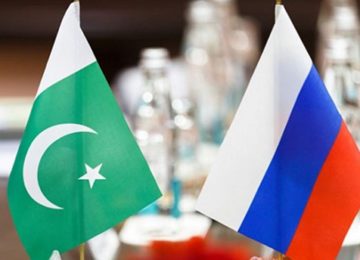December 18, 2020

In a noteworthy move, furthering the Afghan peace process, the Taliban Political Commission (TPC) is on a three day visit to Pakistan, from December 16-18, 2020. The visit follows the recent breakthrough agreement on the rules and procedures for the intra-Afghan dialogue. The agreement reflects resolve of the parties to secure a negotiated solution and demonstrates that the negotiating parties can agree on tough issues, as tweeted by US Special Envoy – Zalmay Khalilzad in one of his tweets, following the agreement.
This brief Taliban visit is taking place at the invitation of Islamabad, in close coordination with the government of Afghanistan, as validated by Imran Khan’s call to Ghani last night. PM underscored Pakistan’s efforts for an inclusive, broad-based and comprehensive political settlement of the Afghan conflict, during the phone conversation.
It is part of Islamabad’s continued efforts to outreach to all the Afghan stakeholders, for a peaceful resolution of the conflict. It also reiterates Pakistan’s long-held stance, for an Afghan led and Afghan owned peace process.
During the visit, the Taliban delegation, led by Mullah Abdul Ghani Baradar and other noteable delegates such as Sheikh Abdul Hakeem, met with Pakistan’s Foreign Minister – Shah Mehmood Qureshi. The visiting delegation will also call on PM Imran Khan. During the meeting, the Foreign Minister reaffirmed Pakistan’s support for a peaceful, united, sovereign and prosperous Afghanistan. He also stipulated that cease-fire is under discussion, though the reduction of violence is not the sole responsibility of Taliban, but all parties involved have to work it out.
It is hoped that the seriousness which is displayed for the resolution of Afghan conflict does not lose its momentum. To avoid the derailment of the peace process, the role of the regional as well as international stakeholders is also critical, besides Afghanistan.
On the bilateral front, it allows both the Islamabad and Kabul to redress their past mistakes and set a positive tone for their relationship in a post-peace Afghanistan.
Tooba Altaf is an International Relations graduate while working as a Researcher at the Center for Research and Security Studies (CRSS), Islamabad.
© Center for Research and Security Studies (CRSS) and Afghan Studies Center (ASC), Islamabad.



